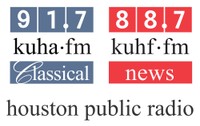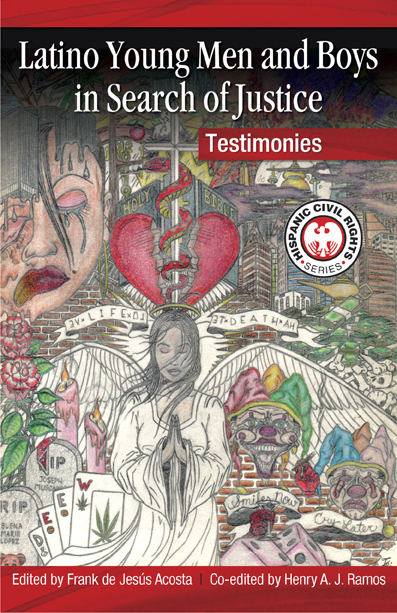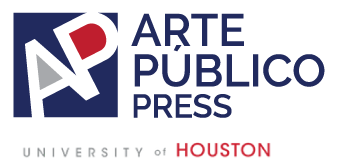 Ramos chosen as February 2016’s “Author of the Month” on Houston Public Media
Ramos chosen as February 2016’s “Author of the Month” on Houston Public Media
Houston Public Media radio host Eric Ladau interviewed Ramos for its website’s “Arte Público Press Author of the Month” feature, and along with the transcript, their conversation is available to listeners on the station’s interactive site through on-demand audio streaming here.
Click here to see all Arte Público authors featured on Houston Public Media.
About the Author:
HENRY A. J. RAMOS is is president and CEO of Insight Center for Community Economic Development, a national economic policy think tank focused on promoting asset building and economic security in diverse, low-income communities. His publications include Latino Young Men and Boys in Search of Justice: Testimonies (Arte Público Press, 2016), The American GI Forum: In Pursuit of the Dream, 1948-1983 (Arte Público Press, 1998) and Nuevos Senderos: Reflections on Hispanics and Philanthropy (Arte Público Press, 1999). Ramos is also the co-author of Opening Doors: Pathways to Diverse Donors (Jossey-Bass, 2002). Ramos is a graduate of the University of California at Berkeley and Harvard University, where he earned degrees in political economics, law, and public administration and is the founding editor of the Harvard Journal of Hispanic Policy. A native of Santa Monica, Ramos currently resides in Creston, California.
About his latest book, Latino Young Men and Boys in Search of Justice: Testimonies
In “Message to My Seventeen-Year-Old Self,” Roberto Martínez, a California Correctional inmate, writes that he wishes he would have taken school more seriously. “Prison ain’t anything like the thug life lies romanticize it to be; it doesn’t make you a man.” In this compelling collection of first-person testimonials—essays, poetry, and letters—Latino men and boys who have been or are incarcerated write movingly about their past and future.
The book also incorporates essays by community advocates seeking criminal and juvenile justice system reform. Leaders of organizations including Barrios Unidos, Homeboy Industries, Communities United for Restorative Youth Justice and National Compadres Network contribute pieces that address issues such as culture-based healing and violence prevention. Many use artistic expression as a form of healing, and this volume includes a wide variety of art, from poetry to drawings, tattoos, and murals.
Acclaimed author and former gang member Luis J. Rodríguez writes in his foreword that the disproportionate number of young men of color in the justice system is rooted in economic, political and historical factors. He asserts that the United States’ punitive laws and practices—including three-strike laws, gang and gun enhancements, zero tolerance and school removals—have fueled a massive prison industrial complex, and ultimately, more gangs and violence.
With the publication of this collection of first-person testimony and articles by system reform advocates, editors Frank de Jesús Acosta and Henry A.J. Ramos seek to humanize disadvantaged Latino young men and call attention to the need for a restorative rather than the punitive justice system. This volume confirms that—for both the Latino community and the country as a whole—the “school-to-prison pipeline” must be closed now.




